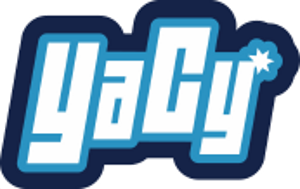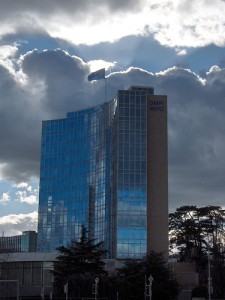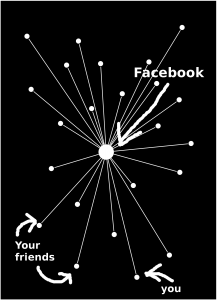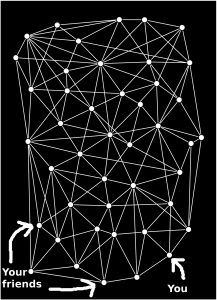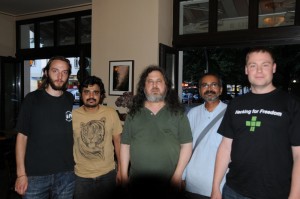Why I love Free Software
For today’s I love Free Software Day, I’ve thought a little about what makes me get behind the keyboard every morning. Turns out there are lots of reasons, but here are two of them.
The great thing about Free Software is that it gives me control of my own life. I want to be able to shape the way I live. Don’t get me wrong: I have no desire to rule the world. But I want to be in control of my own little slice of it. If I’m using machines to help me achieve things, I want to know how they work and what they’re doing. I want sovereignty rather than dependence. There are so many things in the world that need changing, and no way for me to change them all. But Free Software gives me an easy way to take charge of the tools that I use to work, to create, and to relate to others. That’s a great feeling, and it inspires me to tell others about it.
And then there are the people who I get to work with, from the Free Software community and beyond. They’re a very smart bunch, and I get to learn something new almost every day. Our community is a place where we push each other hard to succeed. It’s a place where we can throw ideas into the discussion before they’re fully thought out, and then work together to make them great. Or throw them out if they’re no good, which is just as well. The only real failure is not having fresh ideas any more. If you see FSFE doing something good, then you can safely assume we threw out ten other ideas in the process of settling on that one good proposal.
Free Software lets me change the world, side by side with truly inspiring people. That’s why I love Free Software.
